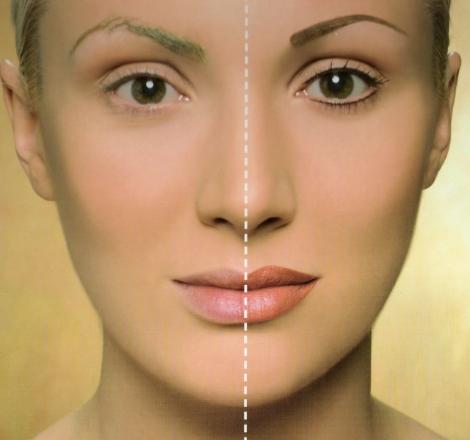Permanent Makeup – Gaining Popularity
Tattoos for makeup? It may not be as uncommon as you think. For the very small population of individuals who may not know what tattoos are, they are a form of body modification, which inserts ink into the skin in order to change the pigment. Tattoos are usually permanent but with recent advances with medicine they can be removed with a few medical procedures. With permanent makeup, individuals can have eyebrows, eyeliner, and even makeup tattooed on their face. There are other terms for these procedures which can include: permanent cosmetics, dermapigmentation, micropigmentation, and cosmetic tattooing.
Some people are really happy with their results. They can roll out of bed and don’t have to apply makeup and they’re ready to conquer the day. It has been even applied to burn victims and cancer survivors, and individuals who have difficulty putting on makeup. However, some patients do have side effects which can include: granulomas, keloids, scars, and blisters. The permanent makeup applications also fade with time so some patients may need to have repeat procedures.
In addition to this, even though the pigments are under the scrutiny of the Federal Drug Administration (FDA), the practitioners are usually not. The regulations for them vary from state to state. In some states a cosmetology or esthetics license is required while in other areas cosmetologists are barred from performing these procedures. These machines can be purchased on ebay and someone can just set up shop in a home office or their garage. These are extremely unregulated and it is important that individuals seeking these procedures go to a certified practitioner. In this case you get what you pay for is very true. Many people’s faces are simply getting destroyed because the people performing these procedures aren’t trained properly.
Since these individuals are not trained, many patients end up with more than they bargained for. These can include infections such as: HIV, hepatitis, staph and strep from dirty needles. A lot of these infections come from practitioners using tap water instead of properly sterilized cleaning solutions. They dip their needles in and then transfer the infections from one patient to another.
If you are truly interested in these procedures then you should make sure to do your research beforehand. Some things to consider: how many procedures the practitioner you are going to see has performed, their testimonials, what facilities they have, if they are board certified, etc. Ultimately there could still be side effects even if all their credentials check out. It is best to consult your primary care physician and other professionals before undergoing these procedures.

